Usage based billing (UBB), also referred to as pay as you go, pay-per-unit, or metered pricing, amongst others, is a billing model used across a variety of industries that charges users based on what they actually use instead of a fixed rate that is the same for everyone. This billing approach is common for services where usage can vary widely, and the approach is increasingly common especially as software-as-a-service continues its popularity with customers.
Of course, there are always those who believe they have a better way for a business to operate, and for some of those people UBB is just not acceptable. They envision an online world where everyone pays the same no matter what they are doing online. Someone who only needs access to read and send email would be charged the same as the upstart crypto miner down the block; the person only reading restaurant reviews on Saturday would pay the same as 24/7 high-definition graphics game player.
Imagine purchasing electricity this way. Your 1,200 square foot house only cooled to 74 degrees in August would cost the same as the 10,000 square foot, 64-degree house down the road. How about paying the same to take an Uber to the grocery store while your neighbor takes one across the country and you both pay the same rate? This system works for no one, except maybe the regulators. Regulators, and legislators, are often so eager to require that certain industries operate in a manner they imagine is most beneficial that they forget the damage they do to consumers and innovation.
Innovation takes many forms. Most obvious, perhaps, is the new gadget, but services, operations and billing practices all result in greater benefits for consumers when those functions also are infused with innovation.
Government forcing internet service providers, or any business, to sell their product or service at a fixed price rather than a pricing system that works for them and their customers is just run of the mill price controls. Those who claim that ending the option to offer usage based billing protects consumers ignore the practice’s wide use throughout our economy. Even worse, they ignore the economic damage that their arbitrary restriction would visit upon most consumers, especially those who use internet access less than average.
So, who are those who have internet access but use it less than others? To answer in the reverse, according to Pew Research, urban residents under 50 years old are the heaviest users and often report that they are “always on.” Suburban users less so and rural users even less. Those 65 years old and older also use the internet less. These then are the biggest losers in this government regulatory scheme — suburban and rural retirees.
The pursuit of one price fits all also signals a deep and disturbing misunderstanding of how an internet service provider operates. Despite some politician’s stated understanding, the internet is not “a series of tubes.” Delivering access to broadband is not akin to delivering water to a home. Rather, the demand on the network, and hence the costs, are dynamic.
Networks are in an almost constant state of expansion and improvement as consumers demand faster, better and further reaching systems. UBB meets this reality by allowing providers to change their pricing as offerings, conditions and consumer demand warrants. Individuals win as services meet the moment.
Regulators may have a role to play but that role is not to curtail innovation and most certainly is not to harm consumers. If they have their way and end UBB for service providers, the losers will not just be those forced to pay higher prices for less but the American innovation landscape broadly.
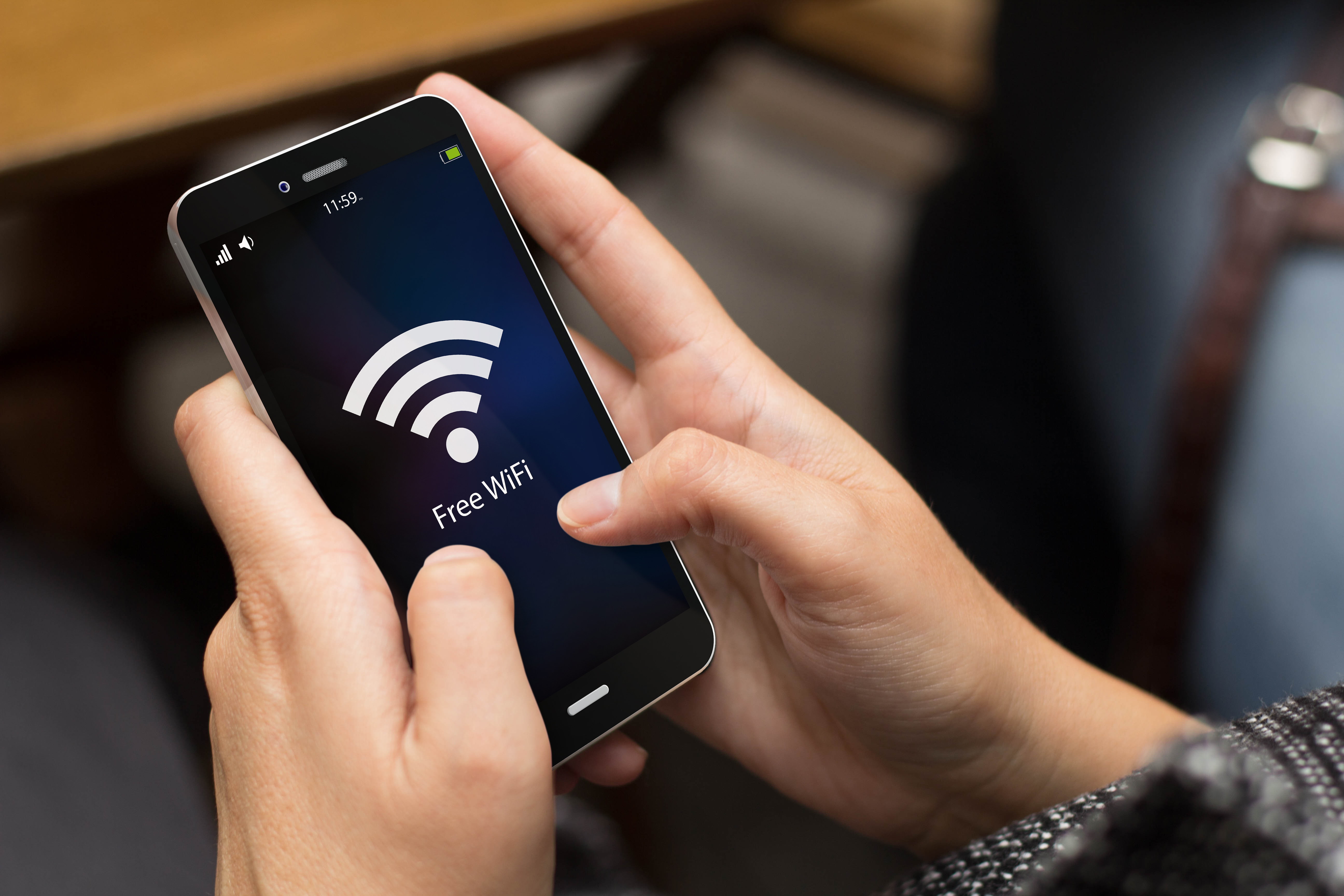
IEI Signs Coalition Letter Expressing Support for the “Rural Internet Improvement Act of 2023″
Read the Full Coalition Letter Here

The Digital Silk Road or the U.S. Information Superhighway?
China has garnered much attention given its position as a major economic competitor to the United States, and specifically as a competitor in telecommunications, technology and innovation. The national security implications for the use of Chinese technology have also...

IEI Signs Coalition Letter in Support of the Strengthening Agency Management and Oversight of Software Assets (SAMOSAA) Act
Read the Full Coalition Letter Here

Surrendering Privacy to Protect Children Online
A variety of legislative proposals across the country attempt to limit “children’s” or minors’ ability to be online, to see certain content or contribute content, or to set up user accounts. Most enforce this by targeting the technology with heavy fines if the...

Star Trek Tech: If Government Stays Out of the Way
In Star Trek, Captain Kirk communicates to his allies and enemies via a giant video wall on his space ship’s holodeck. Decades ago, those science fiction fantasy technologies seemed far fetched, but apps like Zoom and Apple’s Facetime have made real-time video chat a...
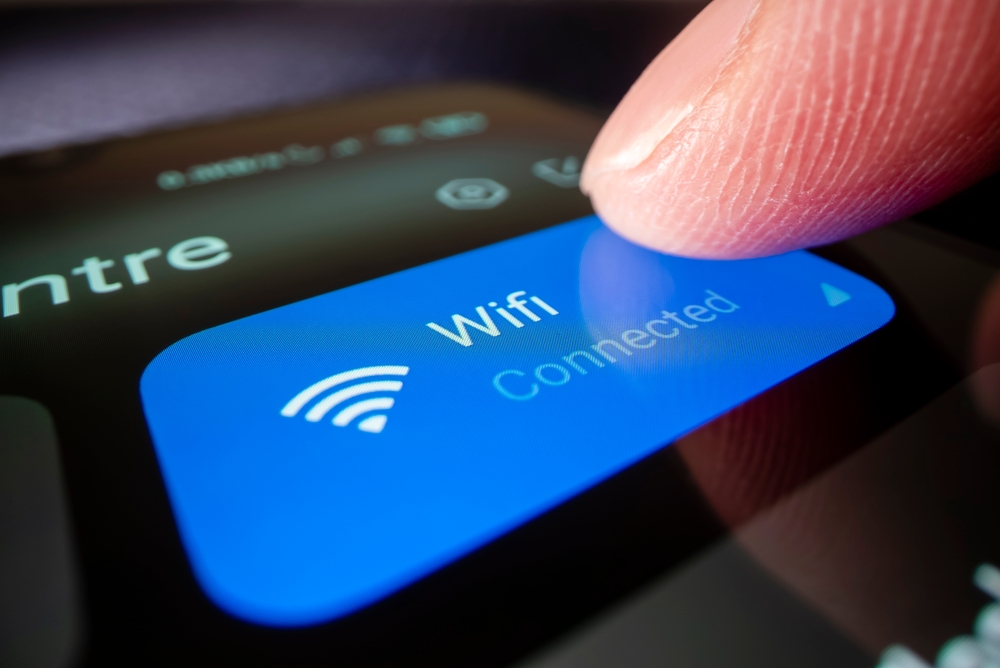
World Wi-Fi Day and the Value of Unlicensed Spectrum
The IPI policy nerd holiday calendar may look a bit different than yours but days like World Wi-Fi Day, which is June 20th, and World IP Day, April 26th of every year, should be part of your awareness, too. Why? These two days celebrate two of the fundamental building...
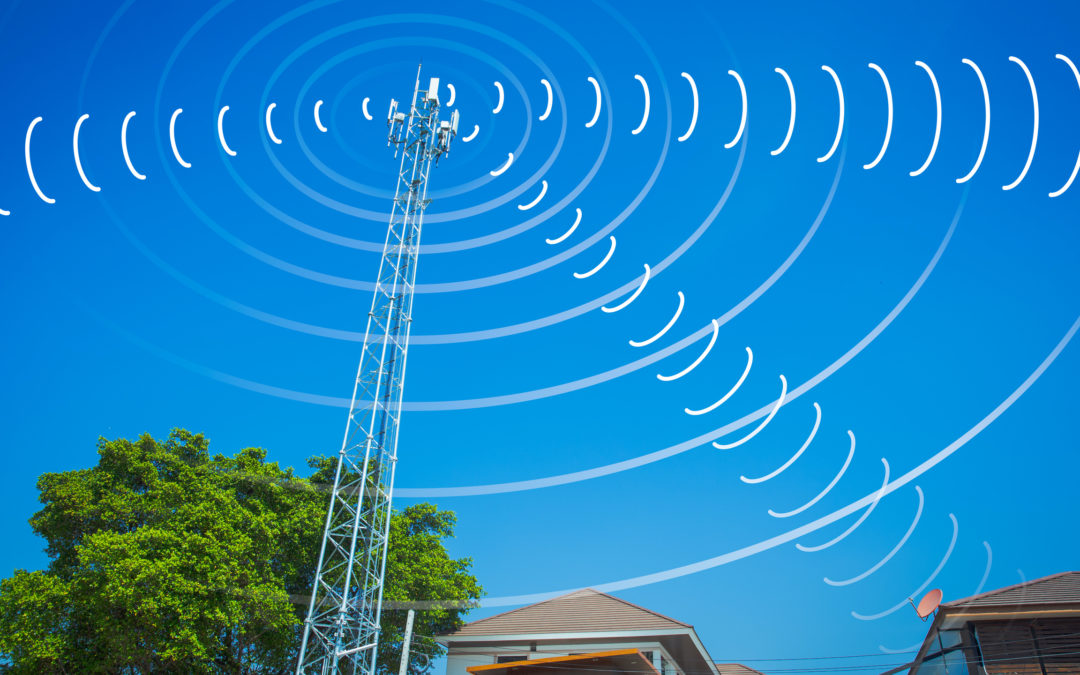
Congress On the Wrong Wavelength
The refrain that very little gets done in Washington is now common, likely because it is so observably true. Issues of importance to the country seem to be perpetuated rather than solved, and often not even addressed. Instead, Congress distracts itself with reality...

Congress Must Move Now to Reauthorize Spectrum Auctions
Tomorrow the Federal Communication Commission’s (FCC) auction authority will expire. Despite its obvious importance, for US global competitiveness and consumers, Congress extended the authority only a couple months when it was about to expireearly this fall. Instead...
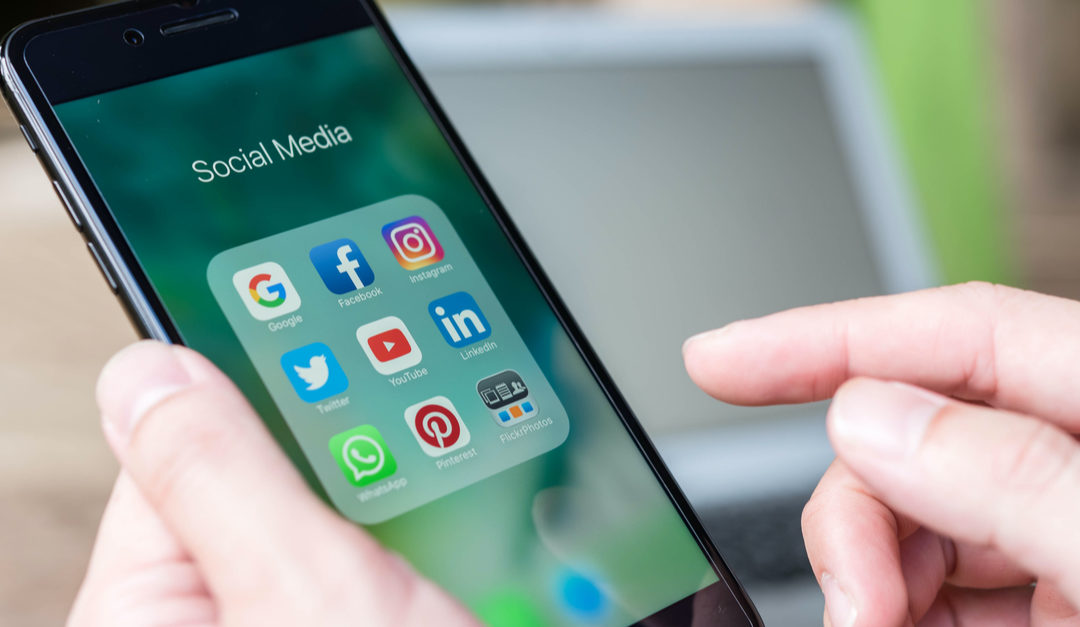
Institute for Policy Innovation: Should the Center-Right Embrace Enhanced Antitrust State Power?
On December 6, 2022 the Institute for Policy Innovation (IPI) hosted an important discussion regarding the whether the center-right should embrace enhanced antitrust state power. IPI says of the panel, "Increasingly, voices on the center-right, including elected...

IEI Signs Coalition Letter that Urges Commonsense Changes to Kids Online Safety Act
Read the Full Coalition Letter Here

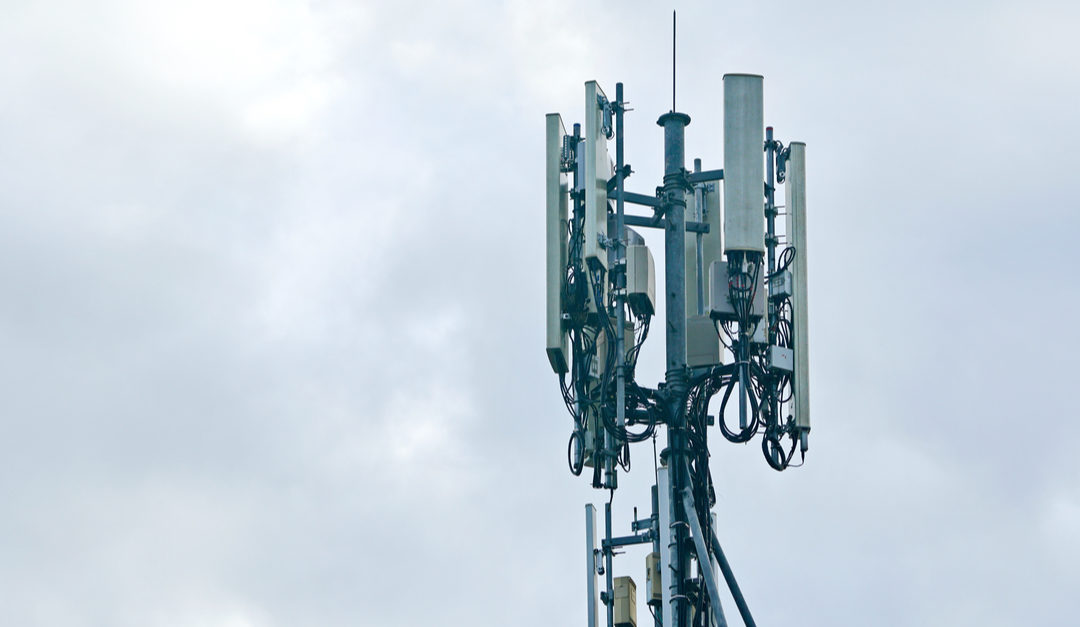
Recent Comments